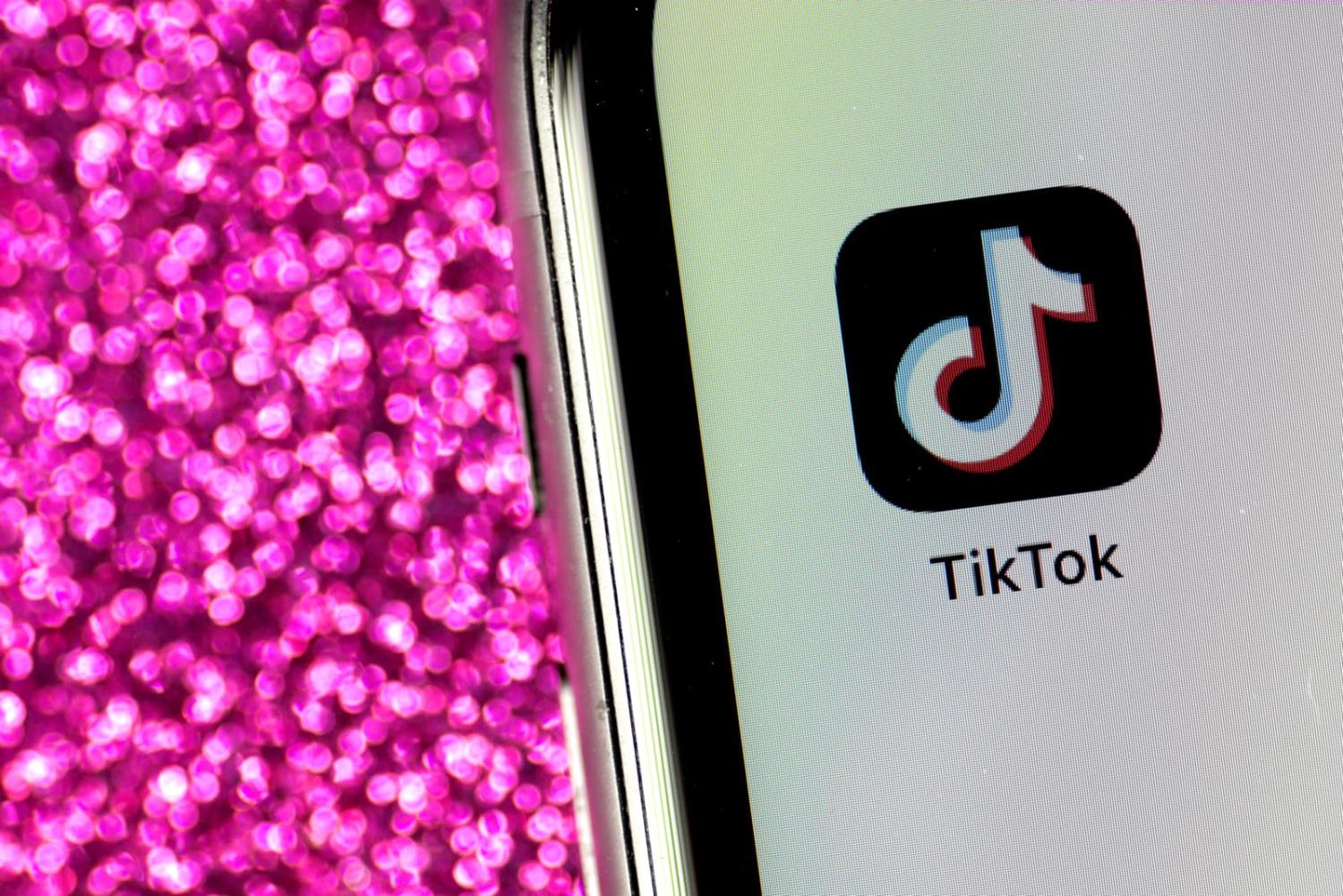
This is the first edition of “Byte-sized diplomacy” as a new column featuring on The Interpreter. I spent much of my 17-year government career looking at how emerging threats and technologies impact Australian national security. Now I present and advise business, defence and national leaders, and also host the Technology & Security podcast. I realised that people across these various fields all have similar questions about new technologies and the impacts for security and society.
So the aim for this column is a step towards answering some of these questions. You can join the conversation. If you’ve got a burning question about emerging technologies and security, send it through to me on interpreter@lowyinstitute.org.
Here, I’m going to tackle one of the most debated issues at present.
Is TikTok significantly different from other social media? Should Australia ban it?
TikTok is different from other social media platforms in some ways but banning it (except on government devices) won’t solve structural and regulatory problems with the data economy, which leave us all vulnerable.
Most social media platforms collect and monetise user data. They exploit tracking tools, such as cookies and pixels, capture user attention for extended time periods, and use algorithms for content curation and discovery. They are all part of a vast, global, complex and poorly regulated data economy.
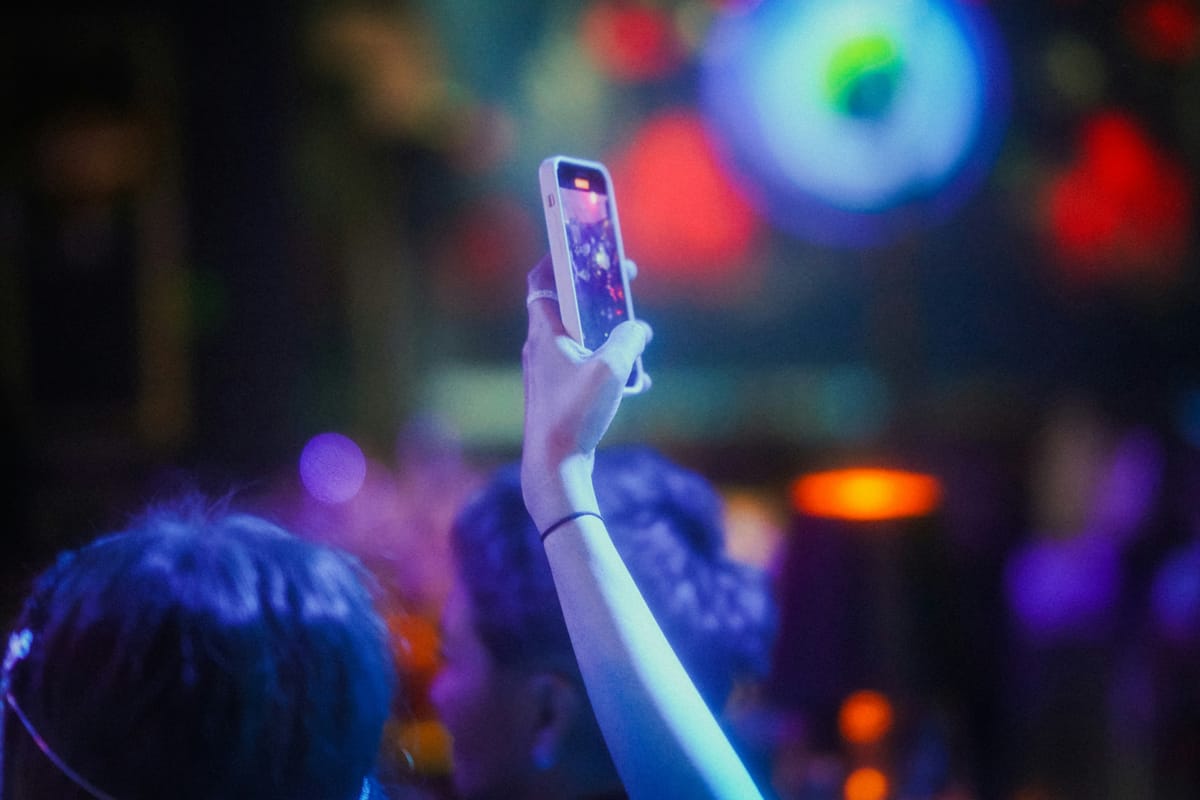
It’s important to differentiate between use on government devices – banned in Australia in 2023 – and individual consumer use (Michael Effendy/Unsplash)
What sets apart TikTok is the possible use of its data by the Chinese Communist Party (CCP). The concern centres on the potential for surveillance, targeting and espionage, as well as its method of algorithmic discovery. The application is therefore seen as vulnerable to influence and interference at the hands of a government known for data collection and fusion skill (i.e. China’s social credit system) and citizen oppression.
China’s national intelligence law obliges citizens and organisations to support, assist and cooperate with national intelligence efforts, which likely includes TikTok’s parent company, ByteDance. Despite denials, a TikTok exec admitted in 2022 that Australian user data could be accessed in China and its privacy policy was later amended to reflect this reality.
It’s not just about data collection and movement. The foreign interference risks often get lost in this conversation.
TikTok pioneered algorithmic discovery, which increases the influence and editorial power that the app has over user experiences and content. TikTok algorithms are weighted more heavily towards interests (and interest categories) rather than social connections such as followers and friends. This gives it enhanced potential to shape Australian views on democracy, culture and conflict. TikTok censors content on Tiananmen and Tibet and demotes and suppresses human rights and LGBTQI issues.
TikTok is wildly popular. As the fastest growing social application with the fourth largest user base globally, the challenges are compounded. The largest TikTok audiences are in Indonesia (127.5 million), the United States (121.5 million), Brazil (101.8 million), Mexico (77.9 million) and Vietnam (69.7 million), with 25% of users are under 20. In Australia, 40% of the population aged between 16-64 use TikTok. They spend on average over 42 hour per month on the platform – double the time spent on other platforms – with the highest engagement rate.

In Australia, 40% of the population aged between 16-64 use TikTok (Andrew/Unsplash)
As debate over the US divestment order and potential ban against TikTok rages, it’s important to differentiate between its use on government devices – which I absolutely agree should be banned and has been in Australia in 2023 – and individual consumer use.
I have significant concerns about pervasive data access, as well as possible data flows to foreign governments, although how to identify these remains a key and unanswered question. The worry is also the use of data surveillance and oppression, along with the high degree of foreign influence and interference afforded through foreign owned platforms.
However, banning TikTok for consumer use does nothing to protect our data from the many players in the vast data economy. Or from hackers.
The strongest case for not banning TikTok is that blacklisting consumer apps without a clearly articulated, immediate and well-evidenced threat is inconsistent with the values of a democracy. It is better to identify and regulate specific dangers, be they about data flows or privacy concerns, foreign interference, and/or censorship. Or all the above.
The security threats must be shown and communicated to the Australian people, so that citizens, business and government can make informed decisions. TikTok – and other foreign-owned platforms – should be afforded the opportunity to improve their business operations to mitigate clearly articulated problems.
A systematic approach is vital. The apps we use form part of our information environment and have the capacity to shape us, including what we see, the choices we are presented with, what we think others believe, and ultimately how we might view the world. This is foundational to modern society. Addressing these issues means grappling with challenges of censorship, content moderation and what constitutes “authentic debate”. But there is little consensus about the best approach.
There are encouraging signs with the publication of carefully considered reports and advocacy. Various senior politicians from both sides have commenting about “big tech” harms and competitiveness, so awareness is building.
The data industry is vast. But a ban on TikTok without hardening the data economy risks doing more harm. It could undermine government decisions by turning investment in new technologies into a performative geopolitical minefield. It could also become part of a greater fight about democratic rights, the information environment and the role of government in tech policy.
文章来源:lowyinstitute


TKFFF公众号
扫码关注领【TK运营地图】

TKFFF合作,请扫码联系!


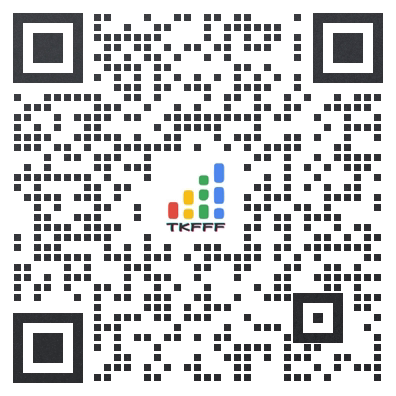
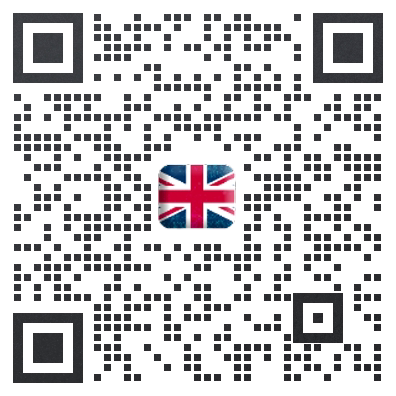
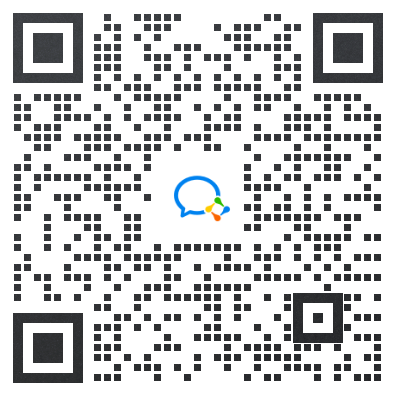
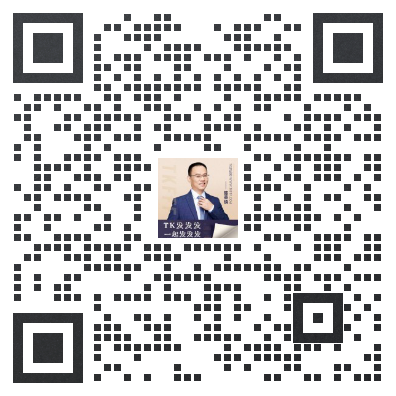
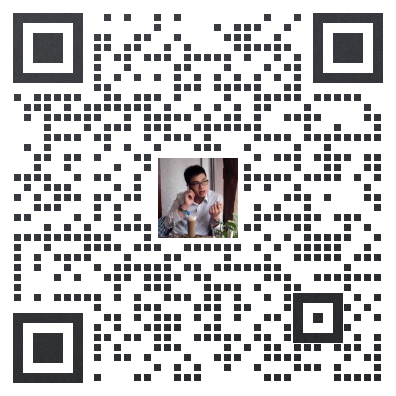
 闽公网安备35021102002035号
闽公网安备35021102002035号